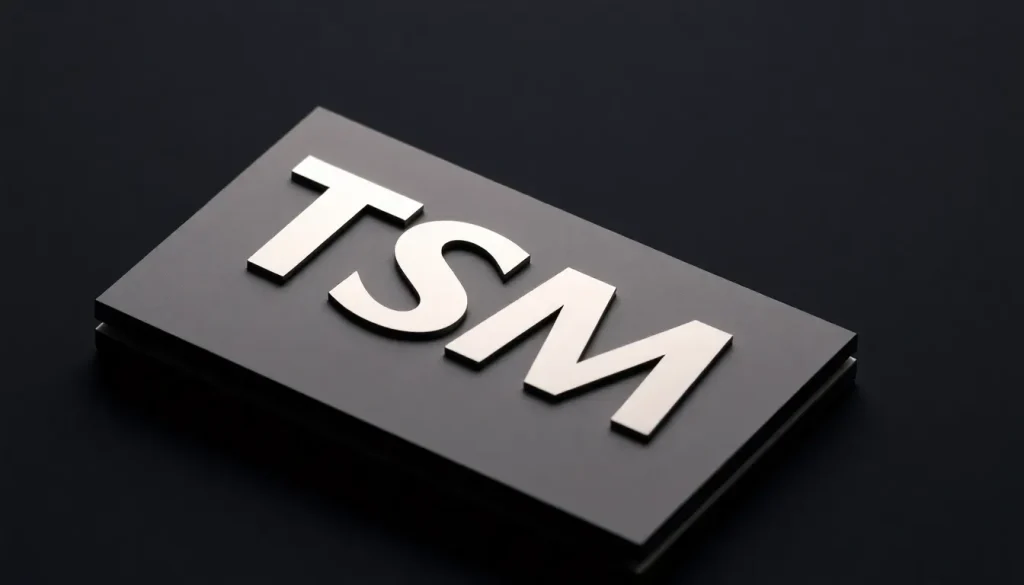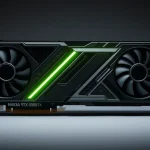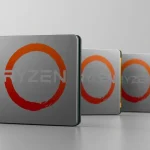TSMC Confident in Winning NVIDIA vs ASIC War for Foundry Orders

The semiconductor industry is at the forefront of technological advancement, with companies racing to meet the insatiable demand for processing power. Among the key players in this landscape is TSMC, a titan in chip manufacturing that plays a crucial role in the ongoing NVIDIA versus ASIC battle. What makes TSMC's position unique is its ability to cater to both sides of this fierce competition, securing its place as a linchpin in the supply chain.
TSMC's Role in the NVIDIA vs ASIC Dynamic
As artificial intelligence (AI) continues to evolve, the demand for high-performance computing grows exponentially. Companies like NVIDIA and AMD are in a constant struggle to keep up with the requirements of tech giants such as Google, Amazon, and OpenAI, who are increasingly investing in custom AI silicon solutions. These investments aim to reduce reliance on traditional GPU manufacturers and enhance their AI computing capacities.
While some analysts argue that custom ASICs could potentially disrupt NVIDIA's supremacy in the GPU market, TSMC views this rivalry differently. The firm is unfazed by the competition, as it benefits from orders from both the GPU and ASIC sectors. This dual engagement has positioned TSMC not just as a manufacturer, but as an integral part of the technological ecosystem.
Understanding the Importance of Custom Silicon
Custom silicon, specifically Application-Specific Integrated Circuits (ASICs), are designed for specific applications rather than general-purpose use. This specificity allows companies to optimize performance and efficiency, leading to significant advantages in processing power and energy consumption.
- Performance Optimization: ASICs can outperform GPUs in specific tasks, offering tailored solutions for AI computations.
- Energy Efficiency: By being designed for particular functions, ASICs consume less power compared to general-purpose chips.
- Cost-Effectiveness: Although the initial design cost is high, the long-term operational costs can be significantly lower.
- Scalability: ASICs can be scaled according to specific workload requirements, providing flexibility for companies.
TSMC's Strategic Advantage
TSMC's CEO, C.C. Wei, articulated the company's strategy during a recent earnings call, emphasizing that both GPU and ASIC manufacturers utilize TSMC's advanced technologies without distinction. This approach allows TSMC to continually expand its market presence, regardless of which side of the competition is prevailing.
For instance, TSMC is deeply involved in projects for major players in the ASIC space:
- Google's TPU Development: The Tensor Processing Units (TPUs) designed by Google, including the Ironwood and Trillium models, rely heavily on TSMC's foundry capabilities.
- Amazon's Trainium: This custom chip for machine learning applications is another product that showcases TSMC's manufacturing prowess.
- Microsoft's Maia AI Chips: These chips also leverage TSMC's advanced fabrication technologies, utilizing nodes at 5nm and below.
Impact on the AI Supply Chain
The significance of TSMC extends beyond just manufacturing; it serves as a critical hub within the AI supply chain. The company's foundry and packaging services are vital for hyperscaler ASICs, meaning that TSMC is central to the technology that drives AI advancements.
As the competition intensifies between NVIDIA and ASIC manufacturers, TSMC remains a neutral party that benefits from the growth of both segments. This unique position allows TSMC to maintain a steady flow of orders and revenue, irrespective of market fluctuations.
Future Trends in Chip Manufacturing
Looking ahead, several trends are shaping the future of chip manufacturing and the role of companies like TSMC:
- Increased Demand for AI Processing: As AI applications become more prevalent, the demand for specialized chips will continue to rise.
- Shift Toward Edge Computing: The growing need for processing power at the edge of networks will drive the development of new chip architectures.
- Collaboration Between Companies: Partnerships between chip manufacturers and tech companies will become essential to innovate rapidly.
- Advancements in Fabrication Technology: Continued improvements in semiconductor fabrication will enable smaller, more efficient chips.
Exploring the Competitive Landscape
The rivalry within the semiconductor industry is not just a battle of products but also a war of technologies and strategies. As companies vie for dominance, the importance of robust supply chains and versatile manufacturing capabilities cannot be overstated. TSMC's ability to support both GPU and ASIC production positions it as an indispensable ally for tech firms.
To delve deeper into the implications of this rivalry, consider watching the following insightful video that discusses the broader impacts of TSMC's strategies and the future of AI hardware:
In conclusion, as the landscape of AI computing evolves, TSMC's role as a foundry for both NVIDIA and ASIC manufacturers will likely become even more pivotal. Its unique capacity to balance the demands of both sides ensures that it will continue to thrive amid the growing competition.




Leave a Reply